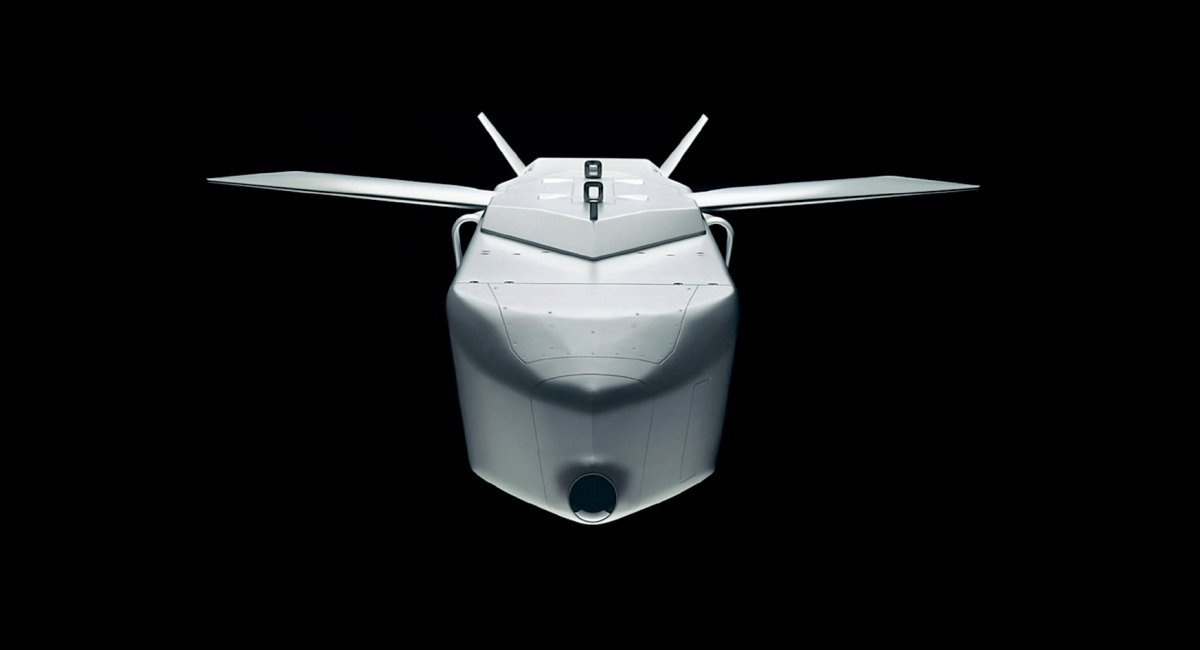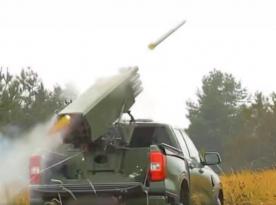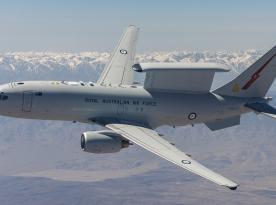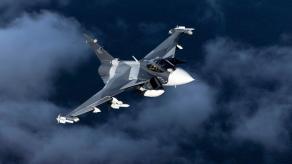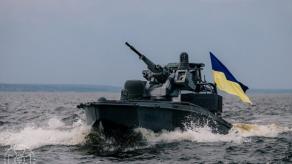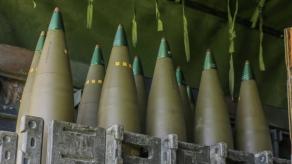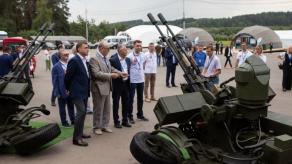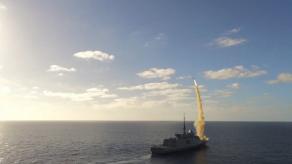The Taurus KEPD 350 missile, which German Chancellor Olaf Scholz has refused to transfer to Ukraine, still holds potential to boost Ukraine's defense. At the very least, this is implied by the position of Friedrich Merz, widely seen as Scholz’s likely successor, who is expected to secure a Bundestag majority.
However, Rheinmetall CEO Armin Papperger, in an interview with Handelsblatt, claimed that "you don't change anything with that in war, the Taurus is not a game changer," unlike delivering larger quantities of artillery shells. As Defense Express points out, this statement should be interpreted in the context of the interview, where Papperger focused on Rheinmetall’s growing success.
Read more: Deputy Defense Ministers of Ukraine Met with Rheinmetall’s CEO to Expand Local Production
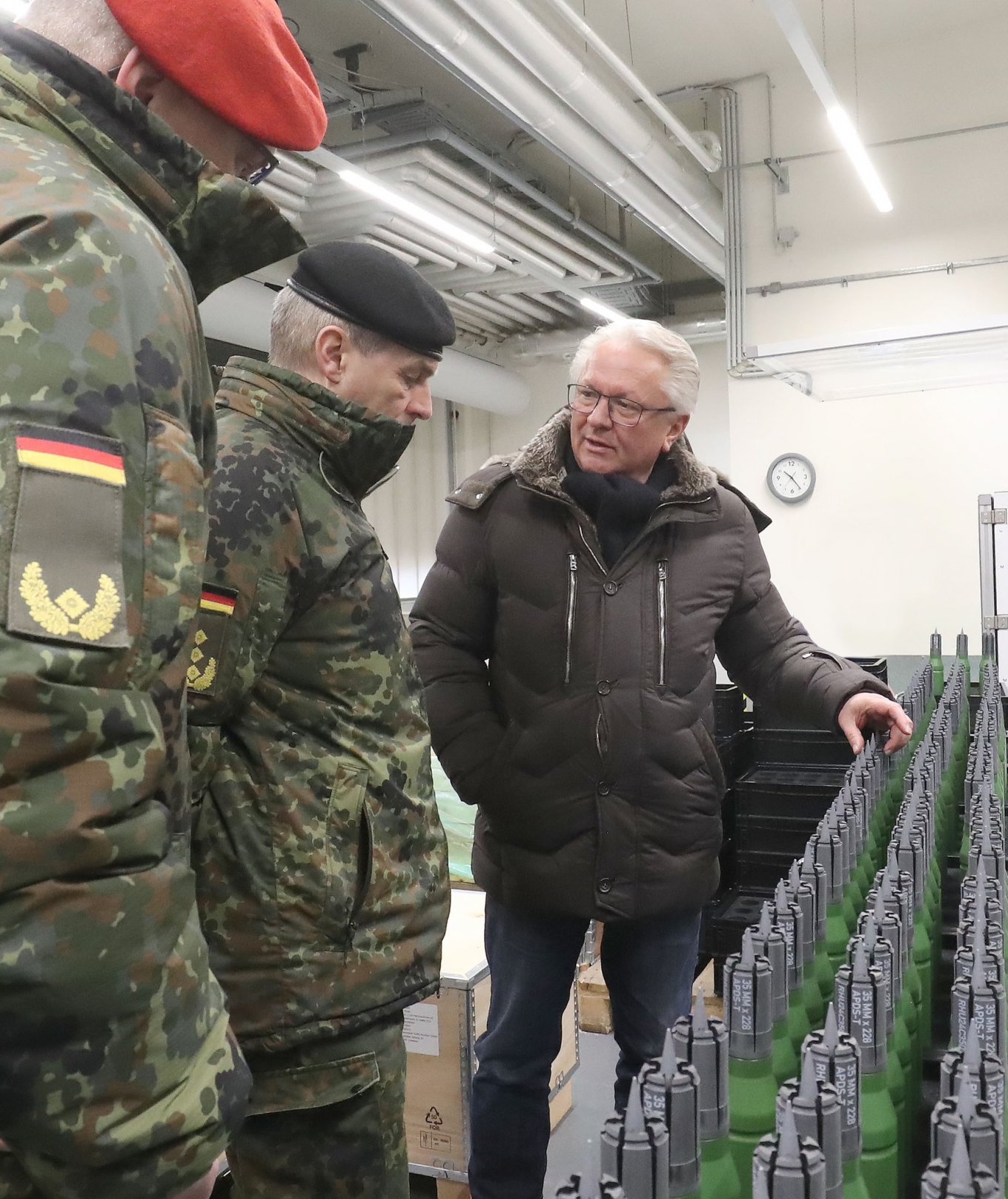
Specifically, he stated that by the end of 2024, the company's sales rose by 36% to €9.75 billion. Operating profit grew by 61% to €1.48 billion, with an overall operating margin of 15.2%, and 19% for defense-related orders. The company's order backlog has now reached €55 billion, and projected sales for 2025 are expected to grow by another 35–40%.
Within these figures is Rheinmetall's annual production capacity of 750,000 artillery shells. The goal is to scale that up to 1.5 million per year. To achieve this, the company is expanding its manufacturing base not only in Germany and Spain but also building new plants in Lithuania, Latvia, Estonia, Denmark, and Ukraine, and is negotiating with Poland and Romania.
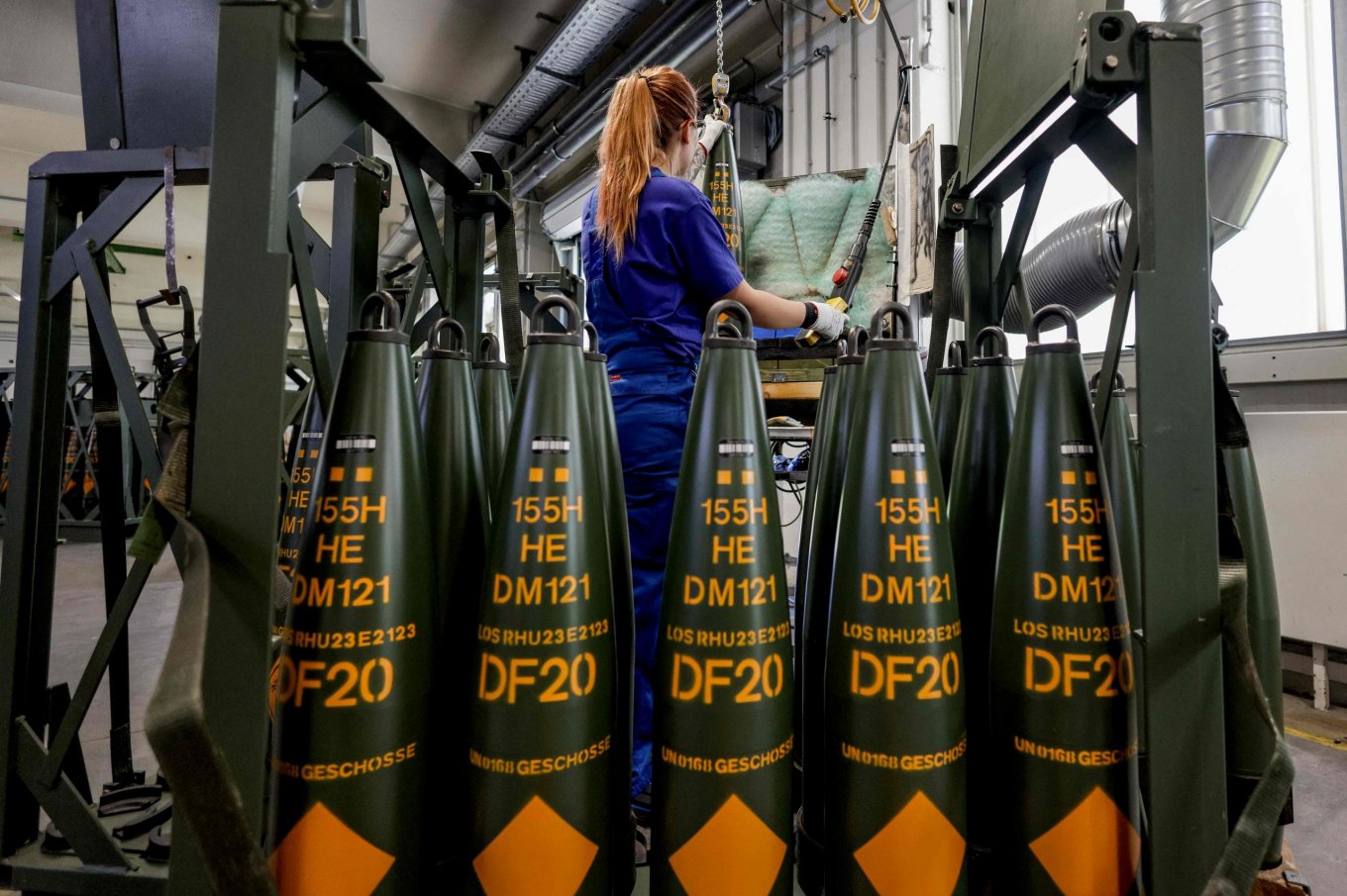
Regarding Ukraine, Papperger revealed that the factory set to open in 2026 was originally planned to produce 150,000 shells annually. That figure has now been "significantly increased," although he didn't name exact numbers or timelines. Notably, Rheinmetall is building this Ukrainian facility as a turnkey project, holding a 51% ownership stake.
Rheinmetall sees ammunition production as a "gold mine," and manufactures not only shells but also the machinery needed to produce them — at a time when "everyone wants factories." That's why Papperger's position should perhaps be viewed through the lens of a seller marketing his "hammers" as the ultimate tool.
However, there is one key reason why Taurus may indeed not be a game-changer — and this was first pointed out by German Defense Minister Boris Pistorius back in November 2023: the limited number of available missiles.
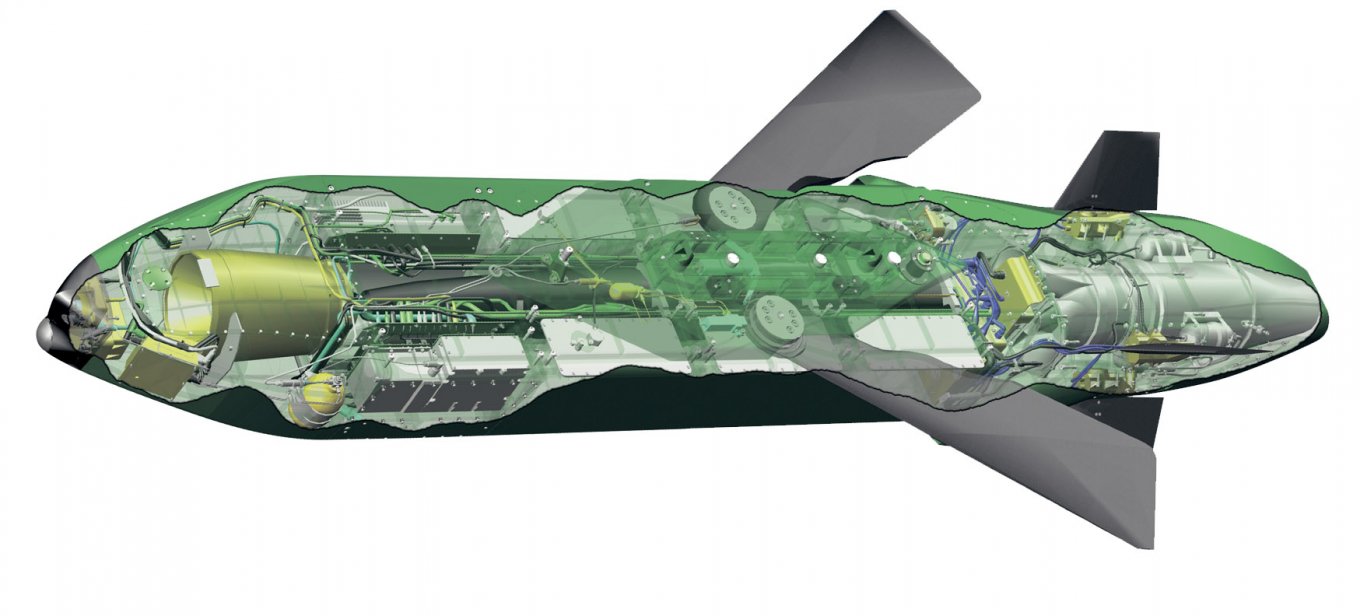
According to leaked and intercepted conversations involving Luftwaffe commander Ingo Gerhartz, Germany could potentially deliver up to 100 Taurus missiles in two batches of 50, or possibly sooner at the cost lower volumes, depending on available inventory. This estimate is based on Germany’s operational stockpile of 150–250 flight-ready missiles. Germany has no current plans to produce new Taurus missiles, only to refurbish the existing total stock (reportedly 479 units) and keep them operational until 2045 for €829.8 million.
Still, transferring the Taurus to Ukraine isn’t just about striking a few dozen critical russian targets deep in their territory. It’s about Germany’s political stance. russia has issued explicit threats and drawn red lines over the missile’s transfer — just as it did with France and the UK before the delivery of Storm Shadow and SCALP missiles.
Read more: Mini-Taurus: Ukraine to Receive 4,000 German Strike Drones with Artificial Intelligence




